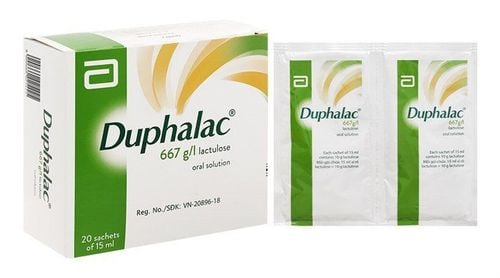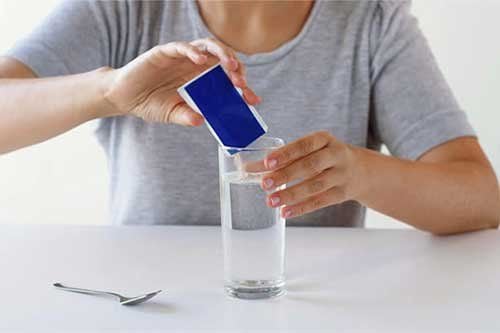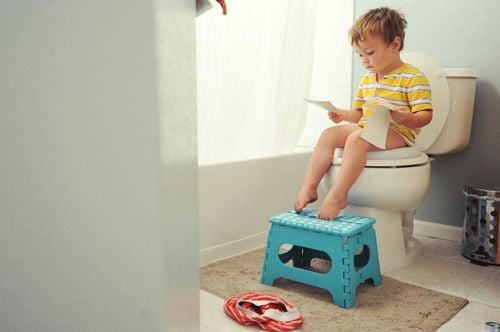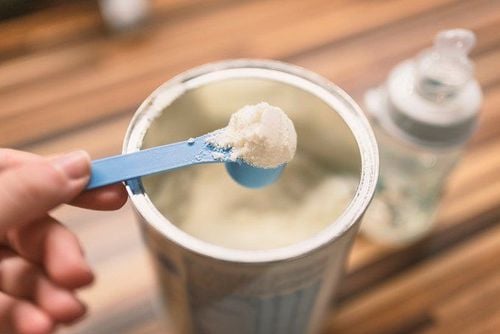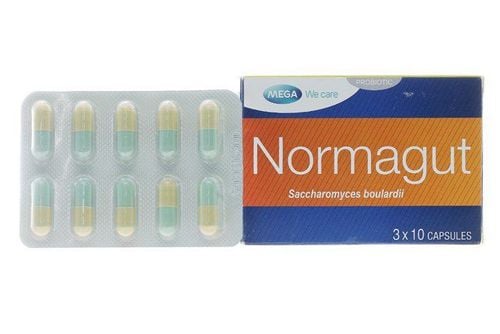1. Should parents allow their children to consume cold foods at request?
According to medical research, cold foods and drinks can have a soothing effect on sore throats and help reduce inflammation. However, for young children with immature immune systems, consuming cold foods or drinks can lead to various health problems. Specifically:
- Children under 1 year of age have underdeveloped salivary glands, resulting in limited saliva and insufficient digestive enzymes. Allowing such young children to consume cold foods can suppress the secretion of these enzymes, negatively affecting digestion and nutrient absorption. Prolonged exposure to cold foods may result in malnutrition as well as digestive disorders, or frequent episodes of abdominal pain or diarrhea.
- For children with weaker constitutions or those prone to illnesses such as colds, respiratory infections, or gastrointestinal disturbances, consuming cold foods or drinks can exacerbate their condition.
So, if unavoidable, is it acceptable for parents to allow their children to consume cold foods? The answer is: “Maybe”. Cold foods may be appropriate for older children with stable digestive and immune systems. For younger children, it is best to minimize or completely avoid such exposure.

2. What precautions should be taken if children want to consume cold food?
If a child insists on consuming cold foods or drinks, parents should take precautions to minimize the impact on their throat and digestive system. Some recommended approaches include:
- Use water that cooled from room temperature instead of water directly from the refrigerator
- Allow refrigerated food to sit for a while to reduce its chill before giving it to the child.
- Provide fresh fruits as an alternative to satisfy the child’s cravings for cooling foods (depending on the child’s preferences).
- Avoid frequent consumption of cold foods; these should only be given when the child is excessively thirsty or overheated.
- For children under 2 years old, it is advisable to provide only warm water or breast milk instead of cold water or ice.
Young children require a nutrient-rich diet to support their growth and development. However, the food and drinks provided to them should not be cold or chilled. With the above information, parents should now be better equipped to answer the question, “Should children consume cold foods or drinks?” and take appropriate measures to safeguard their child’s health.
To arrange an appointment, please call HOTLINE or make your reservation directly HERE. You may also download the MyVinmec app to schedule appointments faster and manage your reservations more conveniently.
To arrange an appointment, please call HOTLINE or make your reservation directly HERE. You may also download the MyVinmec app to schedule appointments faster and manage your reservations more conveniently.
